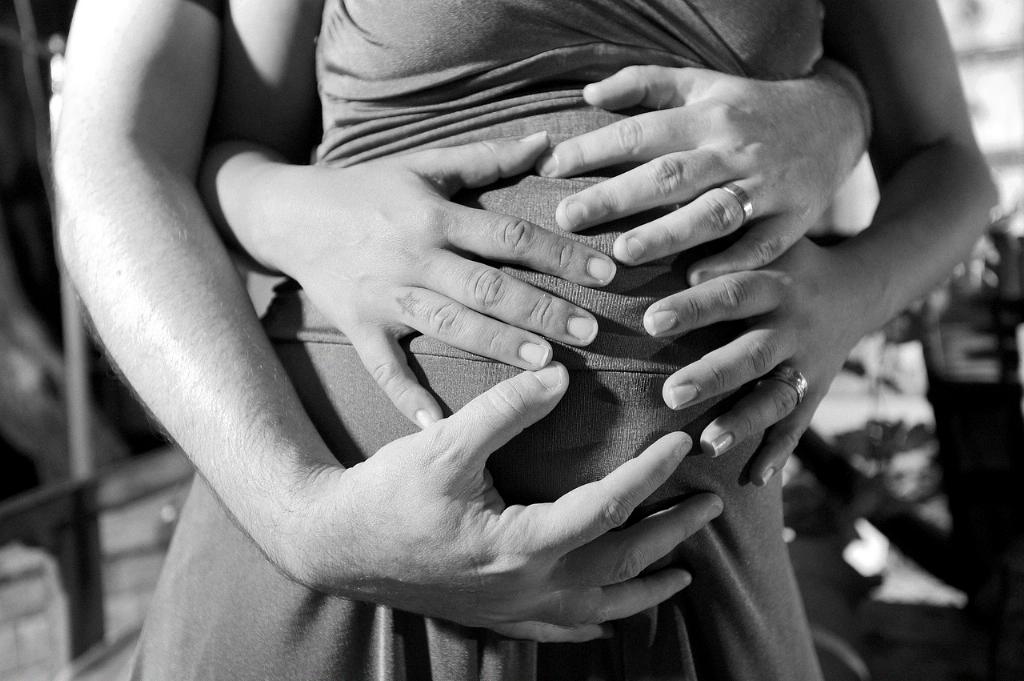When it comes to managing bipolar disorder during pregnancy, the decision to continue or stop taking medication is a complex and individualized one. The safety of the mother and the growing fetus must be carefully considered, along with the risk of relapse if medication is discontinued.
It is important to note that some medications used to treat bipolar disorder are not recommended during pregnancy due to potential risks to the developing baby. However, abruptly stopping medication can also pose risks, as it can lead to a relapse of symptoms.
Consulting with a healthcare provider, such as your treating GP or psychiatrist, is crucial in making an informed decision about medication management during pregnancy. It is recommended that any changes to medication be done in a collaborative and monitored manner to ensure the best possible outcome for both the mother and the baby.
During pregnancy, the hormonal changes and stressors can potentially trigger mood episodes in individuals with bipolar disorder. It is essential to balance the potential risks of medication with the risks of untreated symptoms.
Your healthcare provider will assess your individual situation and may recommend adjusting your medication regimen to reduce potential risks. This may involve switching to a different medication that is safer during pregnancy or adjusting the dosage of your current medication.
It is vital to communicate openly and honestly with your healthcare provider about your concerns, symptoms, and any changes you experience during pregnancy. Your partner or support system can also play a crucial role in providing additional insights and support throughout this process.
Regular monitoring and follow-up appointments with your healthcare provider are essential to evaluate your response to medication adjustments and to address any emerging concerns or changes in symptoms. This close monitoring can help ensure the well-being of both you and your baby.
It is important to prioritize self-care throughout your pregnancy, including engaging in activities that promote mental well-being, such as exercise, mindfulness, and maintaining a healthy lifestyle. These practices can complement medication management and support your overall mental health.
Being proactive in managing your bipolar disorder during pregnancy can contribute to a more stable and positive experience. Open communication, collaboration with your healthcare team, and self-awareness are key components in navigating this journey.
Remember that every individual’s experience with bipolar disorder and pregnancy is unique. What works for one person may not be the best approach for another. Trust your instincts, stay informed, and prioritize your well-being and that of your baby throughout this process.
In conclusion, the decision to stop taking bipolar medication when pregnant should be made in consultation with your healthcare provider and based on a thorough evaluation of the potential risks and benefits. It is essential to approach this decision with care, consideration, and awareness of the individual factors at play in your specific situation.

